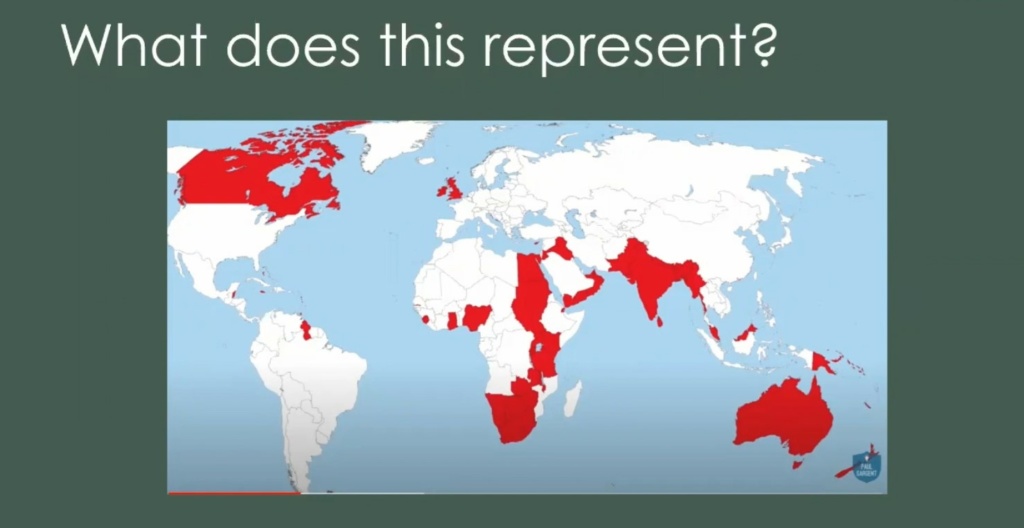
Every October we have Black History Month and year after year we have the story of Rosa Parkes, the American Civil Rights activist who resisted segregation of passengers on the buses in Montgomery Alabama. But how many of your learners could answer these questions which look at Black history closer to home?
- Why do we have the Notting Hill carnival?
- Who was Claudia Jones?
- Why was there a bus boycott in Bristol?
- What was the Battle of Lewisham?
- Who is Doreen Lawrence?
At Rathfern Primary in Lewisham we are working to interrupt default practice by decolonising - the curriculum and pedagogy – both what we teach and the way we teach it.
A research framework
Michael Young says that knowledge is powerful if it predicts, if it explains, if it enables you to envisage alternatives. Too much of the standard curriculum does not follow these tenets.
Gay argues that knowledge is not neutral it is a political act. 'Knowledge taught in schools is a form of cultural capital and is a social construction that reflects the values, perspectives and experiences of the dominant ethnic group. It systematically ignores or diminishes the validity and significance of the life experiences and contributions of ethnic and cultural groups that historically have been vanquished, marginalised and silenced.'
Young and Muller propound a theory of three futures:
Future 1 a core knowledge model -criticised for being 'knowledge of the powerful' - knowledge to be taken as a given - knowledge seen as uncontroversial